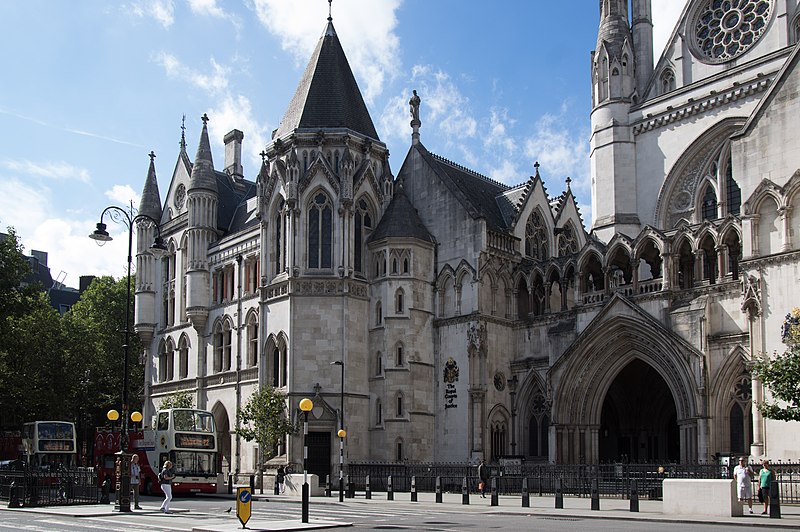
The approval of the Sizewell C nuclear plant project in Britain has come under scrutiny in London's High Court on Wednesday, with campaigners' lawyers arguing that the government failed to
properly assess the environmental impact of the project. The plant, which is being built by French utility EDF in southeast England, is capable of producing approximately 3.2 gigawatts of electricity, enough to power around 6 million homes, and was given the green light in July of last year.
In November, the British government announced that it would support the Sizewell C project with approximately £700 million ($855 million), while also taking a 50% stake during its development phase. The Business Minister at the time, Grant Shapps, stated that the plant would help move the country towards greater energy independence, which has been a key focus since Russia's invasion of Ukraine sent energy costs surging.
However, campaign group Together Against Sizewell C is arguing that Britain unlawfully failed to consider alternative solutions to meeting the country's emissions targets other than nuclear power. Its lawyer, David Wolfe, argued in court filings that the government wrongly considered Sizewell C would reduce emissions by 2035, despite the fact that "the earliest that one of the two reactors could be operational would be the end of 2033" on EDF's "best-case scenario".
Government lawyers, on the other hand, said in written arguments that the government had "considered alternative means of energy generation but … did not consider that they met the objectives of the project". Meanwhile, EDF subsidiary NNB Generation Company (SZC) Limited, which was given the go-ahead for the project in July, also opposed the legal challenge. Its lawyer, Hereward Phillpot, said in court filings that any alternatives to meeting Britain's emissions targets "were required to deliver against the urgent national need for new nuclear power".
Phillpot also noted that the schedule for the project anticipates that both reactors will be operational by mid-2034, which is well within the timeframe for reducing emissions by 2035.
The case will be closely watched by both environmental groups and the nuclear industry, as it could set a precedent for future nuclear power projects in the UK. The Sizewell C project has faced criticism from environmentalists, who argue that nuclear power is not a sustainable solution to the country's energy needs and that it poses a risk to public safety.
Despite these concerns, the British government has continued to back nuclear power as part of its efforts to reduce carbon emissions and transition to a greener economy. The Sizewell C project is seen as an important part of this strategy, as it is expected to provide a significant boost to the country's energy supply and help to reduce its reliance on fossil fuels.
However, as the legal challenge continues, it remains to be seen whether the government's support for the project will ultimately withstand scrutiny. If the court rules against the government, it could force a rethink of the UK's nuclear power strategy and lead to a greater emphasis on alternative sources of renewable energy. Photo by Bjørn Erik Pedersen, Wikimedia commons.



































